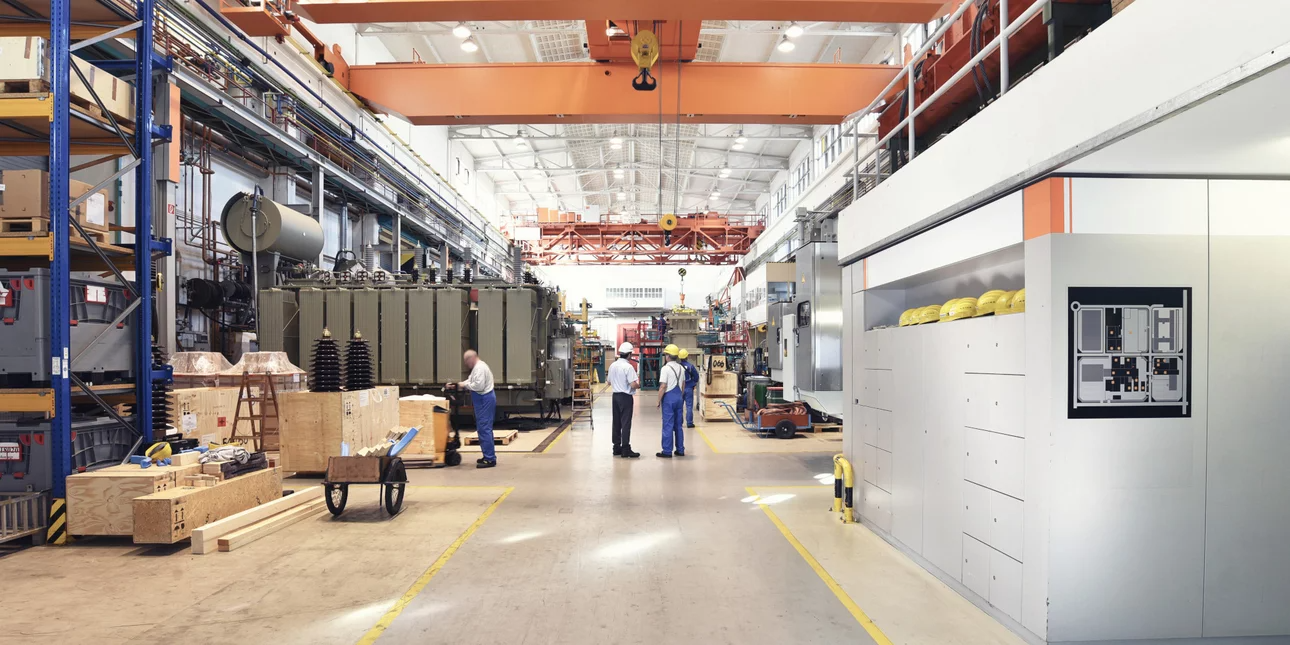
S&P Global's seasonally adjusted Purchasing Managers' Index (PMI) for the manufacturing sector in Greece closed at 53.2 points in July, down from 54 points in June, indicating a steady recovery in operating conditions for Greek manufacturers.
However, the growth rate weakened for the fourth consecutive month, the slowest recorded since December 2023.
New orders received by Greek manufacturers continued to increase in July, thereby extending the current period of continuous growth that started in February 2023. Many survey respondents reported a continued rise in demand from customers; however, the rate of growth slowed to the slowest on record so far in 2024 due to some reports of less favourable sales conditions.
A rise in new export orders, which accelerated at the start of the third quarter, contributed to the increase in total new sales, while survey data indicated stronger demand from key export partners in Italy, the UK, and France.
At the same time, companies again increased their production levels due to a further increase in new order intake. However, the rate of output growth slowed further from the recent high in March and was the slowest recorded since September 2023.
Supply chain disruptions continued during July as supplier performance deteriorated sharply. Shipping delays led to higher transport costs for Greek manufacturers, which, combined with higher raw material and energy prices, led to a rise in inflation. Since November 2022, the rate of cost burden increase has been the fastest on record, and by historical standards, it was higher.
Companies tried to pass on higher costs to customers as selling prices rose at the fastest rate on record since February 2023. Outbound charges have been rising every month for about a year, and the latest rate of increase was noticeably stronger than the survey average.
Slower growth in new orders prompted companies to moderate the pace of job creation in July, as employment levels rose at the weakest pace recorded since February. However, manufacturers continued to highlight full-time hiring. Higher employment levels and continued production growth led to a further reduction in backlogs in July. Although the rate of decline moderated from that seen in June, it was generally modest.
Meanwhile, worries about weaker demand conditions in July had a negative impact on business confidence.
In general, companies maintained their optimism about output growth over the coming year, but positive sentiment levels fell to a ten-month low. Supply chain problems prompted Greek manufacturers to increase input purchases during July, as the rate of growth reached the fastest recorded since April. Efforts to build buffer stocks were successful, as input inventories rose for only the second time since February 2020. However, according to panel members who participated in the survey, finished goods inventories fell further, as in many cases, sales were made directly from existing inventories.






